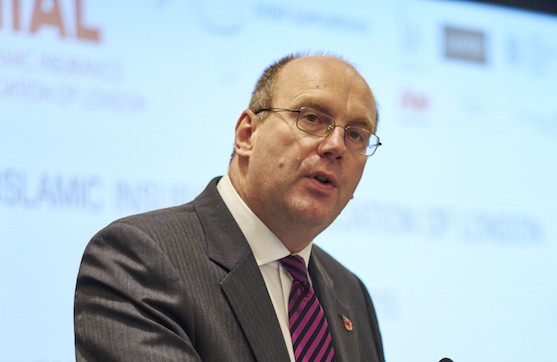Posted on: 20 October 2016
Improvements in the efficiency of reinsurance regulation are at risk of being undone if a covered agreement between Europe and the US is not reached, the International Underwriting Association (IUA) has warned.
In recent years collateral requirements for international firms reinsuring US risks have been substantially reduced allowing capital to be deployed more effectively and reducing cost unnecessary pressures.
But with the introduction of Solvency II difficulties have arisen with new rules affecting US firms that are not deemed to be subject to an equivalent regulatory regime. And it is possible that this could bring to a halt any further progress in further reducing US collateral barriers.
A bilateral trade deal covering reinsurance, known as a covered agreement, could solve the problem and ultimately result in zero collateral on both sides.
Dave Matcham, chief executive of the IUA, said: “Covered agreement negotiations have started, albeit slowly, and there is a lot of support for them across the reinsurance industry in both Europe and the US.
“A lack of mutual recognition between regulatory regimes on each side of the Atlantic is causing problems and this could be an ideal way of solving them. It could potentially allow the US to be recognised as Solvency II equivalent and speed up the process of reducing US collateral requirements for international companies.
“US business is incredibly important to the London Market and more efficient cross-border trading is certainly in the best interests of clients. If the negotiations are successful it could send a powerful message against protectionist regulation.”
Until 2012 non-US reinsurance businesses were forced to post collateral equal to 100% of the gross reported loss when writing US risks. The Dodd-Frank Act eventually allowed states to enact changes to this rule, reducing the collateral requirement to 10-20%. The Act also created the Federal Insurance Office which could represent the US industry to negotiate a bilateral trade deal on reinsurance.
Mr Matcham added: “To date 31 US states have enacted collateral requirement changes under the Dodd-Frank Act, affecting around 75% of ceded premium. But with each state having to pass legislation individually the process is time consuming. Some big states have not yet made any changes and the picture is not uniform across the country.
“A covered agreement deal, therefore, has a great deal of appeal. It is vitally important that industry representatives, regulators and federal negotiators in the US and Europe all work together to ensure that global regulation can work as effectively as possible.”




